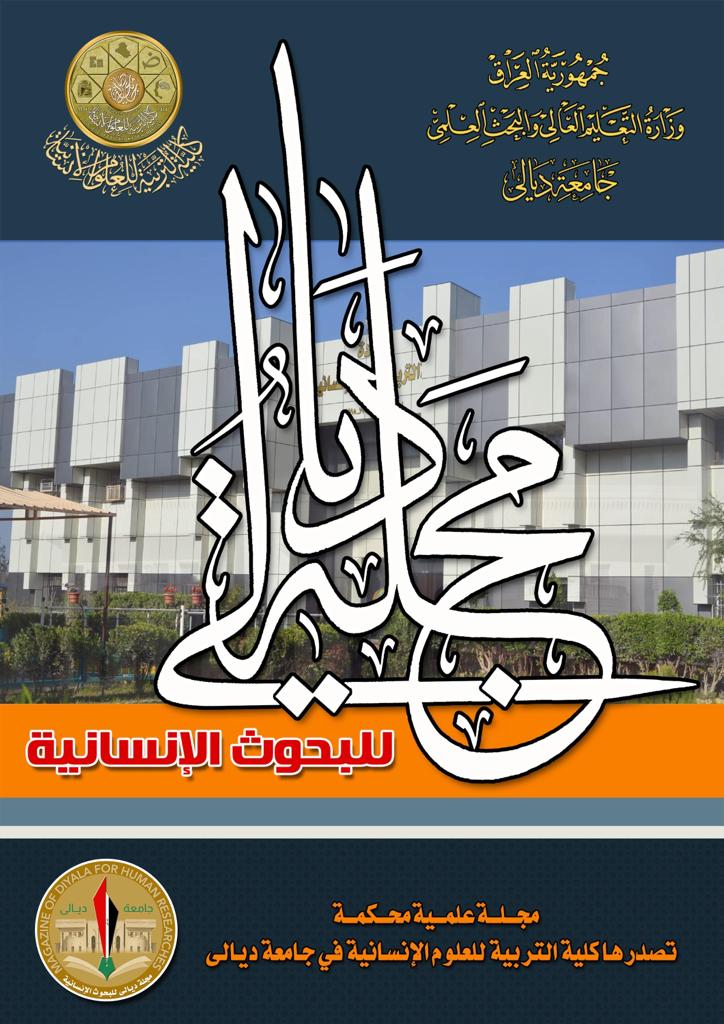THE INTERCONNECTEDNESS OF CULTURAL VALUES AND ASIAN LEADERSHIP: A STUDY IN THE CONTEXT OF AND THE SOUL SHALL DANCE
DOI:
https://doi.org/10.57592/djhr.v2i73.525الكلمات المفتاحية:
Cultural heritage, Japanese-American, And the Soul Shall Dance, Wakako Yamauchi, , cultural integrationالملخص
In the twenty-first century world, Asian leadership is of paramount importance owing to many reasons such as its emerging economy, potential manpower, technological development, and most importantly due to having a vast treasure of rich cultural heritage and value systems. Among the above factors, the latter aspect of rich cultural heritage and value systems derive significance because of a realization that the world, currently enmeshed in materialistic ideals, often fails to recognize the significance of cultural heritage and values in the daily lives of people. This paper provides thrust on the rich cultural heritage and values systems of Asia as having a key role to play in the twenty-first century Asian leadership. It seeks to highlight how living abroad, the individuals can be inspirational instruments in spreading the message of preserving one’s rich culture as a way of embracing a life of values. This study seeks to illustrate this point by analysing one of the major writers of Asian-American tradition, Wakako Yamauchi. Wakako Yamauchi in her play And the Soul Shall Dance discusses how adherence to one’s cultural heritage can be contributive factor in leading a healthy life amidst the humdrum of a modern life. In a hurried life of twenty-first century, Asia’s role should be one that holds a mirror to its rich cultural heritage where the world can find a panacea for many of the malaise it suffers from. Therefore, this paper focuses on the need of Asia’s role in holding up a value system embedded in its rich cultural heritages.
In the twenty-first century world, the leadership of the world is seemed to be going to the hands of Asia owing to many reasons such as its emerging economy, potential manpower, technological advancement, and most importantly due to its capability of heading the world with its vast treasure of rich cultural values. Among the above factors, the latter aspect derive significance with respect to Asian leadership, because of an awareness that the present world, enmeshed in materialistic ideals, often fails to live by the standards of a life of values. Manning (2001) notes that despite the ‘Asian miracle’ hype in recent years and the 1997 financial crash the remarkably swift rise of Asia is for real. And it is one of the truly remarkable phenomena of the 20th century — a burgeoning political fact that will reshape the contours of world power in the 21st century. More importantly, the twenty-first century world feels the need of having a life of strong value systems. Under such conditions, Asian continent, rich with its pluralistic cultural traits and rich cultural values, is heavily expected to lead the world. However, the present paper does not underestimate the rich cultural traditions of other countries and continents. But what it focuses exactly is how an Asian tradition of cultural values is of great help and becomes a panacea for the ailments of many of the problems that the modern world encounters.

